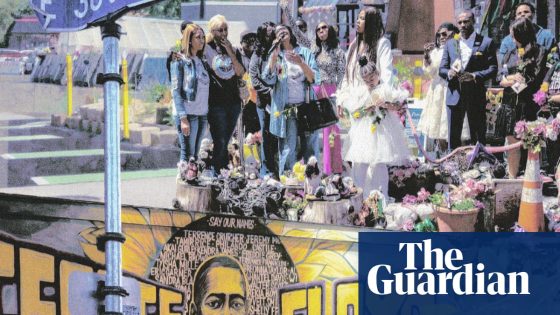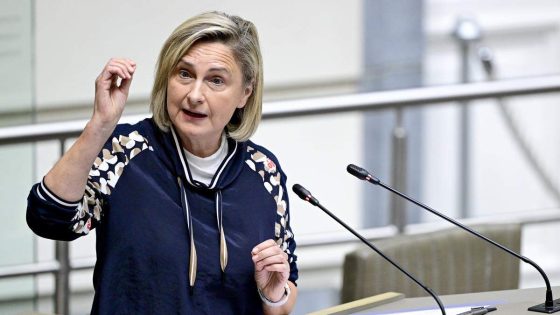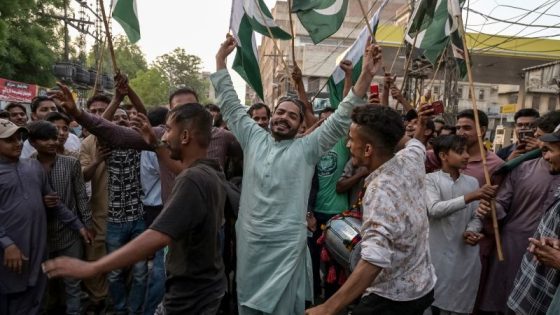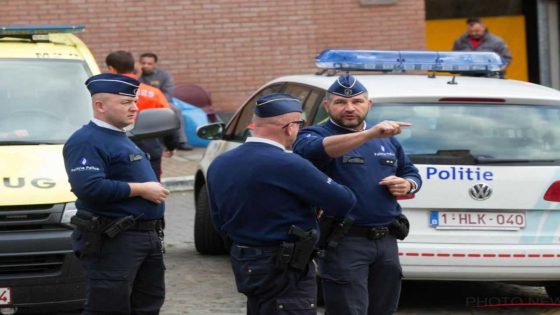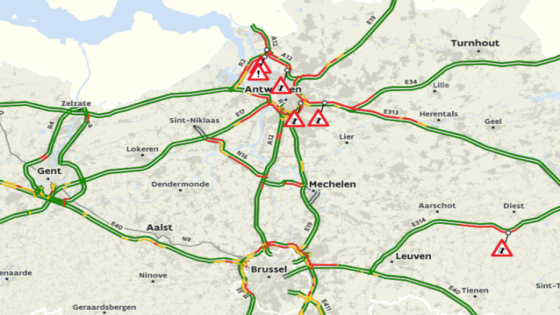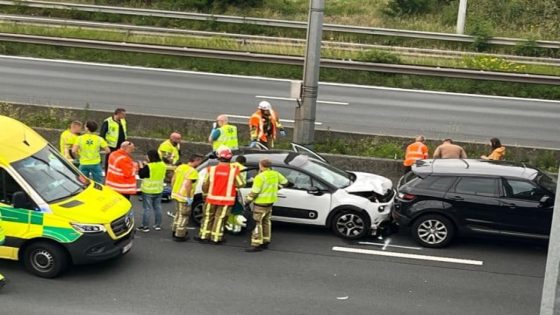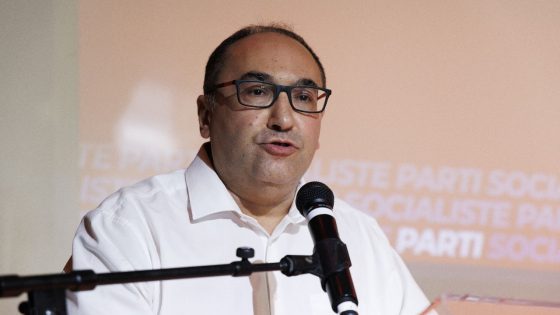The future of George Floyd Square in Minneapolis remains uncertain as the city council debates its development. Since the tragic murder of George Floyd on May 25, 2020, the area has transformed into a symbol of racial justice and police accountability.
- George Floyd's murder sparked global racial justice movement.
- City council debates future of George Floyd Square.
- Memorialization vs. revitalization of the area.
- Business owners seek return of traffic and vitality.
- Community divided on pedestrian plaza proposal.
- Importance of honoring historical significance and healing.
Five years later, family members and community leaders advocate for the site to be commemorated as a historic landmark. They envision a pedestrian plaza that honors Floyd’s legacy while revitalizing local businesses. However, the council is divided on how best to proceed.
This ongoing conflict raises critical questions about how communities can honor tragic events while fostering economic growth. As Minneapolis navigates this delicate balance, several points emerge:
- The need for a memorial that reflects the historical significance of Floyd’s death.
- The desire for revitalization of local businesses that have suffered post-2020.
- Community voices are split on whether to prioritize pedestrian access or vehicle traffic.
As Minneapolis grapples with these decisions, it is crucial for community members and leaders to engage in open dialogue to find a path forward that honors both the past and the future.



